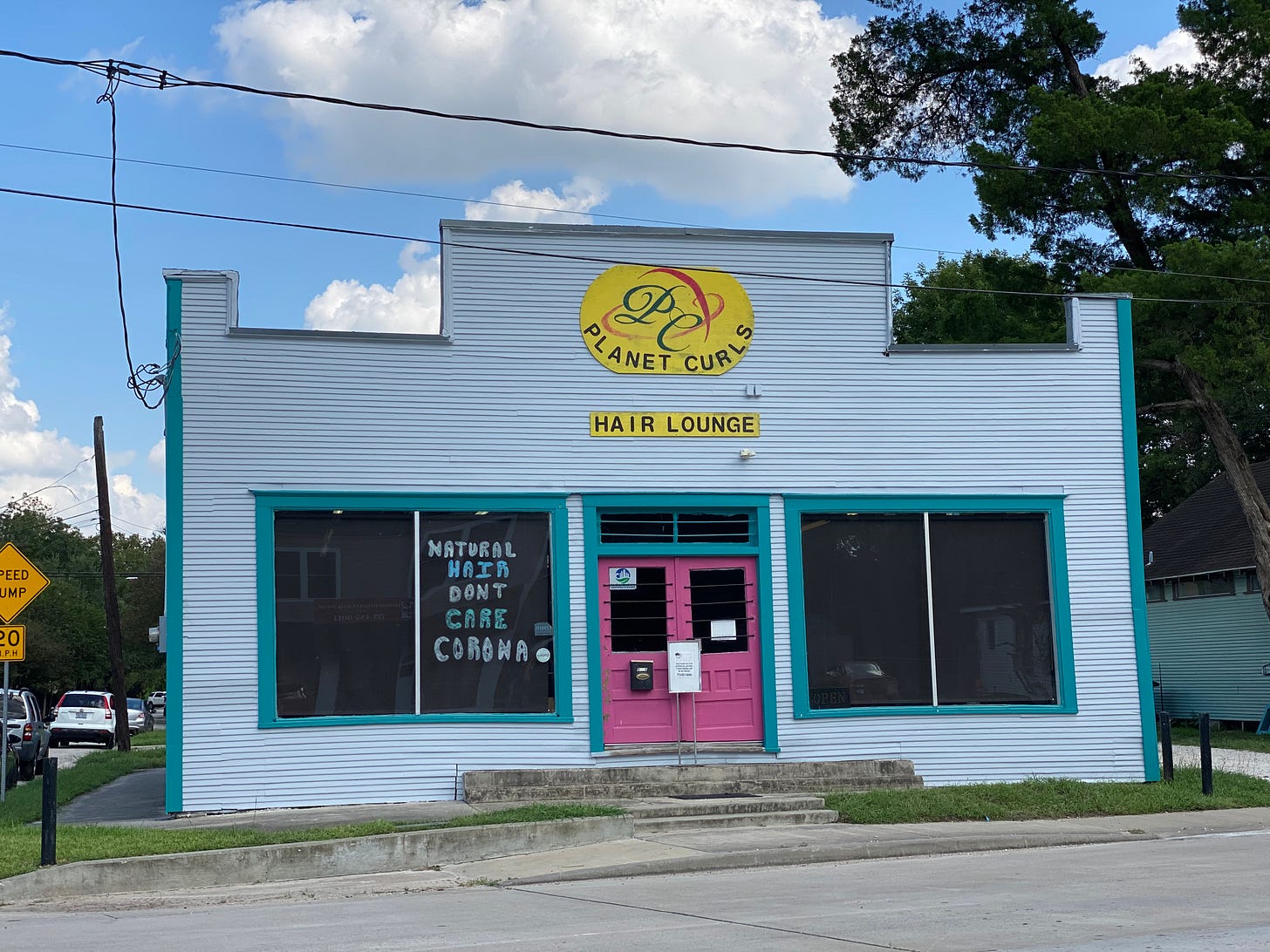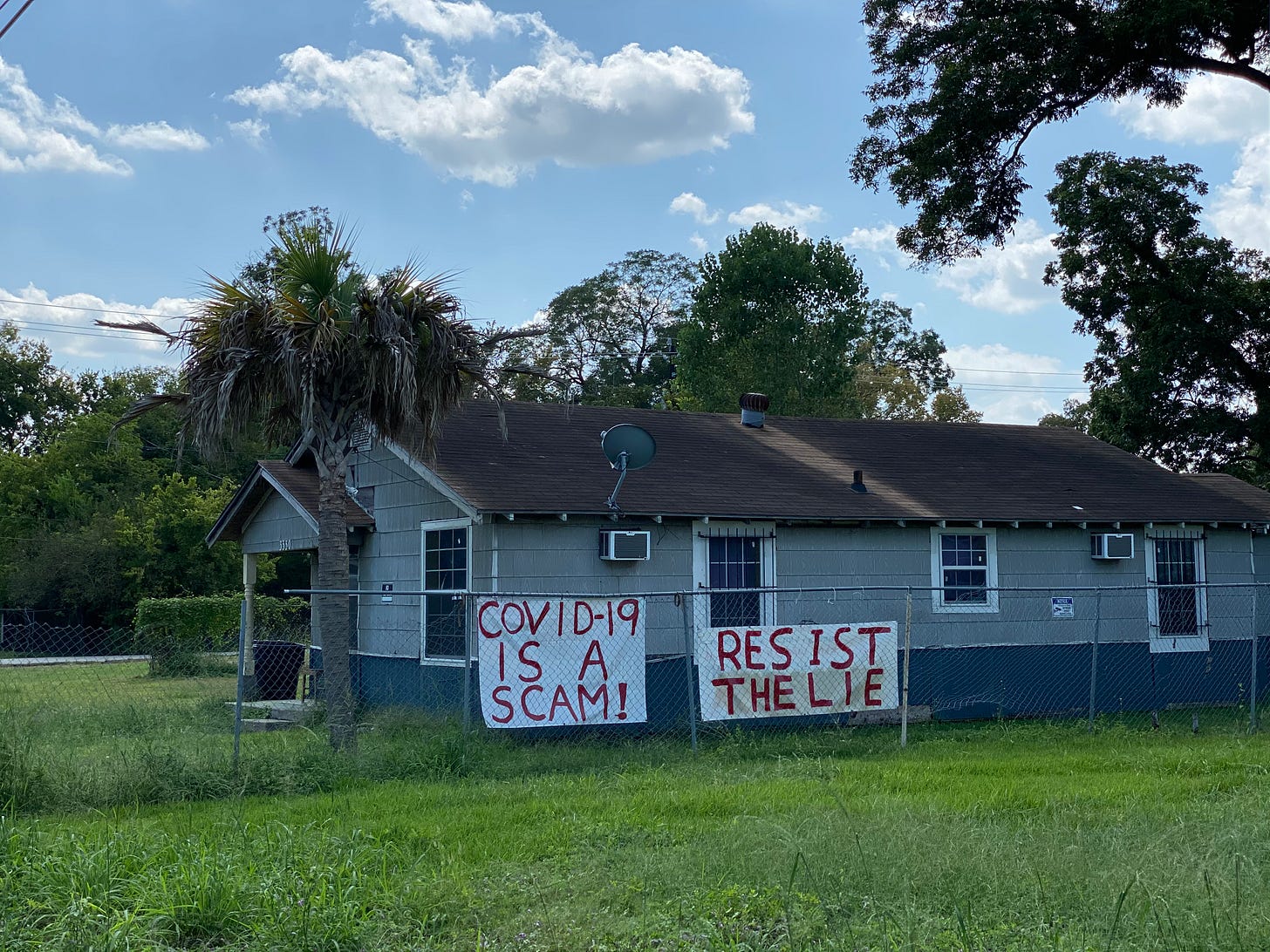Unseen in Houston
Story No. 8 from my 35,000 road trip into the early pandemic
A brief drive through the Ninth Ward, Houston. All photos and videos by Stephen
Texas was a couple of hours south, and I took the Interstate 35, for a change, after having driven only two-lane roads for the last few weeks. The rhythm of the interstate was like techno in Ibiza compared to the rambling front porch guitar of the rural roads. I fell into a trance of imagination, deep in my own history as I headed down the wide highway on cruise control. Often, this summer, my memories were of the moments in my own life when I had acted in racist ways, realized only in wincing hindsight. These memories were distinct, and blistering reminders of how race consciousness had been my constant companion for much of my life. I had been taught not to be a racist, but I had also been taught that the world was made of us and of them. This latter teaching was the reason for the former.
This was found in the way some of my relatives and others in my white childhood community might whisper “Black” when talking about someone on the news or gossiping about a neighbor or someone at the store. They didn’t want to make a thing out of the thing they were making a thing of.
It was as if the mere mention of Blackness could get them in trouble – they were afraid of being judged racist for mentioning race, but also afraid of not mentioning a person’s race, because they believed that Blackness meant something – power, victimhood, brilliance, poverty – that they couldn’t quite grasp. The very thought of their own race consciousness frightened them.
“He was,” their voice would suddenly drop to a hush, “Black,” the last word dropping off a cliff into the ether. Maybe a knowing nod and glance around to be sure no one had misinterpreted them. My mother would do this. She didn’t want to draw attention to the fact that she was race conscious – she would have felt ashamed. But neither did she want to emphasize that she wasn’t. And it wasn’t just my mother, it was all the liberal people I knew as a child. These were do-gooder white people, and their relationships with black people were, for the most part, awkward and unnatural. The key was not to be labeled as race conscious (or, God forbid, a racist) when that is exactly what you were.
In middle school my friend Timothy, who was [whisper] Black, you know, and I were considered troublemakers. Our alliance inflamed people everywhere we went. We smoked pot and cigarettes, wore t-shirts featuring upside down American flag images and thought we were the coolest people in the world. Maybe Jimi Hendrix was cooler, but not for long. One afternoon after school we were playing video games and goofing around at a bowling alley when the manager called the cops on us – two 13 year olds. The officer made fun of Timmy’s spectacular afro and I called him a pig and he handcuffed me and took me downtown.
Curiously, that night my mother was the social worker on call when juveniles were detained, and when she saw me, she burst into tears.
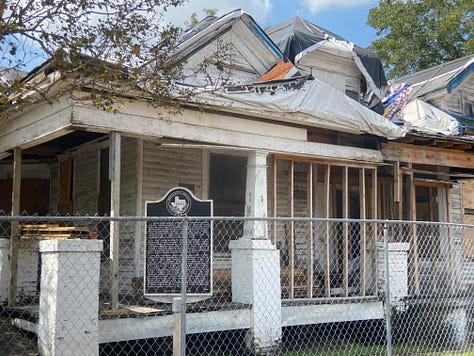
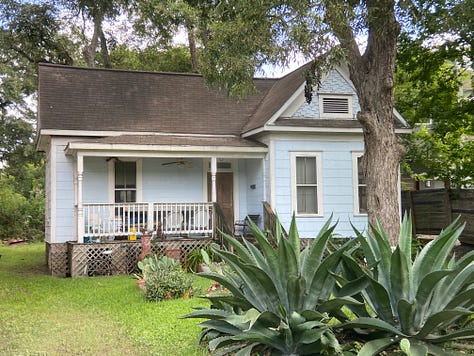
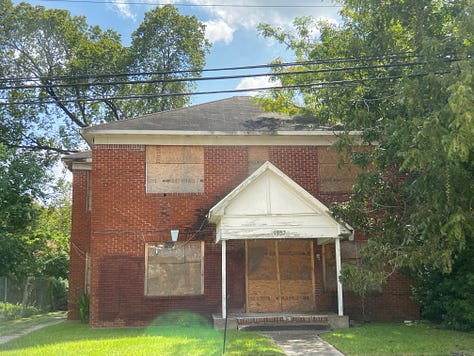
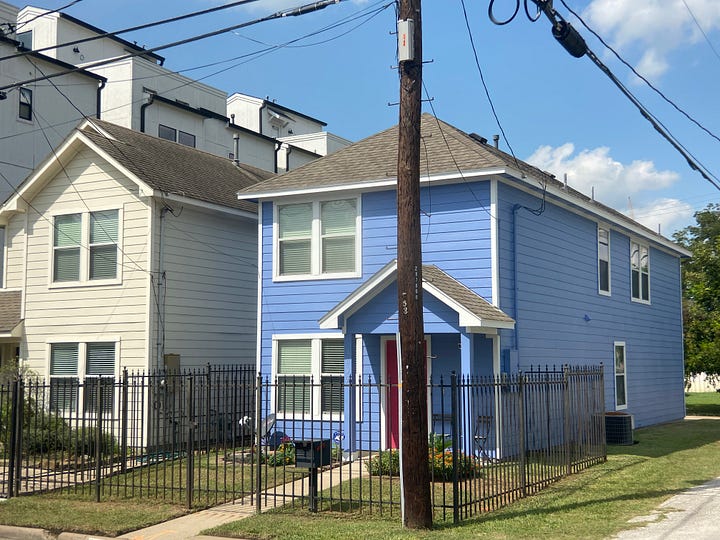
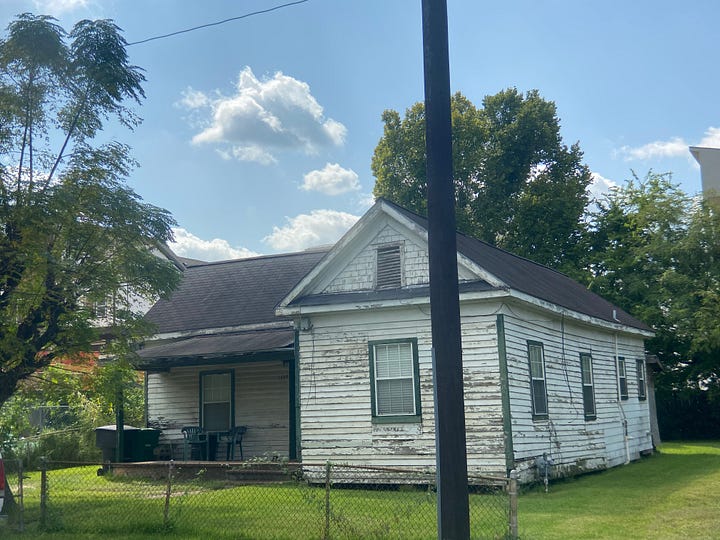
For some reason two white cheerleaders at our school, West Junior High, liked me and Timmy. We liked them, too. Within days of our relationships going public, the adults stepped in. The girl who liked me was told to stay away because I wore Frye boots and chambray shirts every day and smoked Camel Tall cigarettes. The girl who liked Timmy was not told to do anything. Instead, they told Timmy to leave her alone, as though he were a spell-casting shaman. True to form, we all ignored the freaks who ran the school and continued to see each other in secret until we all got bored.
Timmy and I drifted apart later that year. It was no big deal. We both understood that Black and White friends in Lawrence in the 1970s inevitably split along racial lines at about age 14. The tribes coalesced and excluded outsiders. Mixing the groups became uncomfortable. I didn’t think much of it, and it didn’t surprise me when it happened. We still hung out once in a while.
In 1973, when I was 15 years old, Timmy, out of the blue, invited me to hang out. I hadn’t seen him in months when he pulled up in a car with a friend of I’d never met. We drove through the streets of Lawrence, sipping Mateus sweet wine and listening to The Isley Brothers. I was in the back seat; Timmy drove and his friend was in the passenger seat. Their big Afros framed the setting sunlight as we passed the Indian College, headed out into the countryside to cruise the farm roads. They talked and shot the shit and called each other the N-word.
I’d been hearing that word a lot recently, used among Black people, and it threw me for a loop. I’d been raised not to use that word practically under penalty of death and I didn’t understand the protocol. In the car, Timmy and his friend kept using it in a playful, insider way and I wanted to be included in whatever they were up to. At the same time, my gut told me no. I tossed the word around my mind, should I? Shouldn’t I? I was desperate to join the club they had in the front seat. I waited a few minutes and then took a leap. I threw the word out. A second passed, then the car jerked to the side of road and all hell broke loose. I thought they were going to beat me down. The Isley Brothers swirled around me. “Hear me calling out to you, ‘cause that’s all that I can do, your eyes tell me to pursue, but you say look, yeah, but don’t touch, baby, no no no don’t touch,” circled my ears as Timmy and his friend threw me out of the car.
Now, driving towards Texas in June, 2020, a truck horn blared, and I swerved back into my lane and continued towards the state line. Driving my truck was like driving a memory machine.
I crossed the Texas state line on the holiday of Juneteenth.
In recent decades, more Texans and Oklahomans of all stripes had begun to celebrate the day and there was talk that it would become a national holiday. Yet, for many, even simply acknowledging that enslavement had been damaging to the enslaved was becoming more problematic. A white man on a radio talk show argued, with seemingly rational intellectual fervor, that enslaved people had been well cared for.
“They just hadn’t been paid,” he said.
I arrived in Houston knowing very little about the place, although I did know that before the Civil War this land was home to a number of plantations built and maintained by enslaved people. I found myself driving around the largely Black Third Ward, trying to get a sense of how this dynamic, incredibly diverse city worked. “George Floyd” was written in black across several walls – he lived in Houston before he was murdered in Minneapolis. Near a group of small early 20th century houses, I heard the Houston hip hop star Z-Ro blasting from a block party:
All eyes on me like I'm TuPac
I got mine I don't give a fuck what you got
It was so loud that my truck hummed with the bass. I turned onto a narrow street to face a crowd spread across two vacant lots and the asphalt itself. I slowed to a crawl as people made way for my truck. The music felt louder. I felt whiter.
There was a tented bar and a small stage with a DJ. Behind him giant speakers. I drove slowly through the crowd. Young men, mostly, but a few women, wearing jeans and muscle shirts or no shirts and baggy shorts. I wanted to park and get out and talk, see what was going on, find out what they were celebrating, as I’d already done so many times on this trip. Was it Juneteenth that brought out the music? Was there any room for me? The only person paying me any mind was myself. I was The Other, nervous in the presence of so much Blackness. What right did I have to intrude on this party? I couldn’t even figure out the right place to park.
The music faded behind me as I rounded a corner to face the words spray painted on a house:
Covid 19 is a scam!
Resist the lie!
A block over, a 20-foot-tall comic-style portrait of George Floyd featured his name in giant green letters, plus Sandra Bland and Breonna Taylor written in elaborate script.
In a bike store I tried to make random conversation. No interest. In a park, a couple of men my age had no desire to engage. For an intense few hours I openly observed without really being seen. The Other had arrived, and everyone chose to ignore him. On June 19, 2020, in the state of Texas, no one said a word to The Other about Juneteenth. Somehow, that felt about right.


